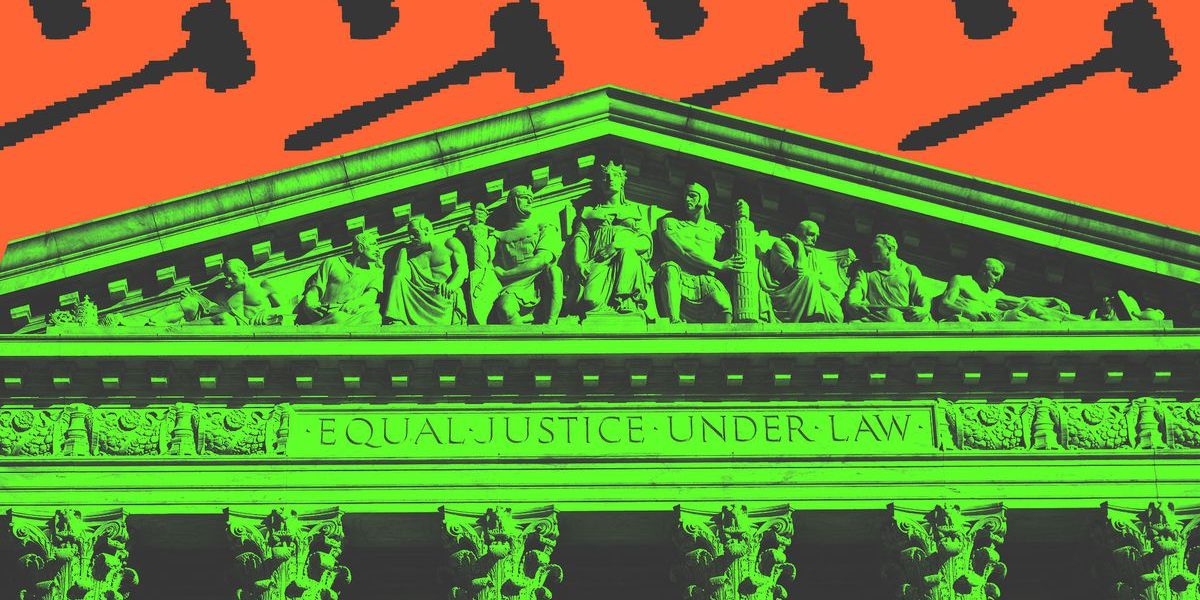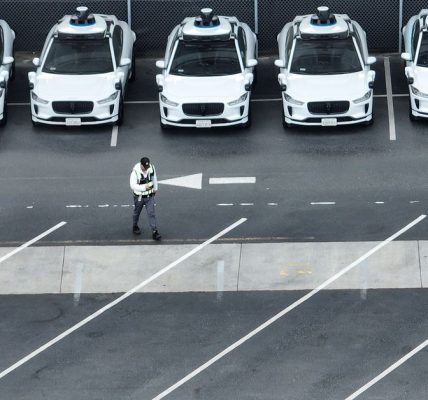The Supreme Court rules that the United States government can continue talking to social media companies
The Supreme Court Rules that Facebook, Twitter, and YouTube forbid the dissemination of misleading information about the lab-leak theory, vaccines, and election integrity
Alito’s dissenting opinion mostly focuses on how Facebook moderated covid misinformation, with examples including the safety and efficacy of vaccines, as well as the lab leak hypothesis. It also cites a recent report published by the House Judiciary Committee, which is currently chaired by Rep. Jim Jordan (R-OH). Jordan attended oral arguments in Murthy.
Alito accuses the majority of allowing “the successful campaign of coercion in this case to stand as an attractive model for future officials who want to control what the people say, hear, and think.” The message is that if a coercive campaign is carried out with sufficient sophistication, it may get by.
In his dissent, Alito wrote that “valuable speech was … suppressed.” A footnote that immediately followed cited the lab leak hypothesis, a minority scientific theory that covid originated from a laboratory in China.
Justice Barrett wrote the majority opinion, and was joined by Chief Justice John Roberts and Justices Sonia Sotomayor, Elena Kagan, Brett Kavanaugh, and Ketanji Brown Jackson. Justice Samuel Alito was one of three justices who dissented.
Today, the Supreme Court ruled in a 6–3 decision that the plaintiffs who’d sued the US government for allegedly violating the First Amendment—by communicating with social media companies about misleading and harmful content on their platforms—did not present enough evidence to prove that they had standing to sue.
The House Judiciary Committee report, which contained internal communications among high-ranking tech executives, concluded that the “Biden White House coerced companies to suppress free speech.” In a hearing right before the report was published, Rep. Stacey Plaskett, a Democrat who represents the US Virgin Islands, accused Republicans of making a “last ditch effort to influence the Supreme Court opinion in the case of Murthy v. Missouri.”
In a May 2022 statement, Missouri attorney general Eric Schmitt alleged that members of the Biden administration “colluded with social media companies like Meta, Twitter, and YouTube to remove truthful information related to the lab-leak theory, the efficacy of masks, election integrity, and more.” Last year, a federal judge issued an injunction that barred the government from communicating with social media platforms.
While it is the government’s responsibility to make sure it refrains from jawboning—the practice in which governments and leaders appeal to the public in an effort to influence the behavior of private companies, and in ways that potentially violate free speech—Kate Ruane, director of the free expression project at the Center for Democracy and Technology, says that there are very valid reasons why government agencies might need to communicate with platforms.
The Electronic Frontier Foundation civil liberties director says the Murthy decision would be an indicator of how the court would approach the National Rifle Association v Vullo case. The New York Department of Financial Services has been accused of trying to get banks and insurance companies to not do business with the NRA. In a 9–0 decision, the court ruled that the NRA had presented enough evidence that a case against Vullo could move forward. In the opinion, Justice Sonia Sotomayor wrote that the NRA’s complaint “plausibly alleges that Vullo threatened to wield her power against those refusing to aid her campaign to punish the NRA’s gun-promotion advocacy.”
The legal issue is not normally broken down by partisan lines even if the facts are politically motivated.
But Greene says that without clear guidelines, state, local, and federal government bodies—of all political leanings—could feel freer to contact platforms now. “We will see a lot more of that type of government involvement in these processes,” he says.



